Participatory Policy-Making Toolkit
This toolkit uses the umbrella term “participatory democracy” to refer to processes that put real decision-making power in community hands, such as ballot initiatives, policy juries or assemblies, and participatory policy-making.
